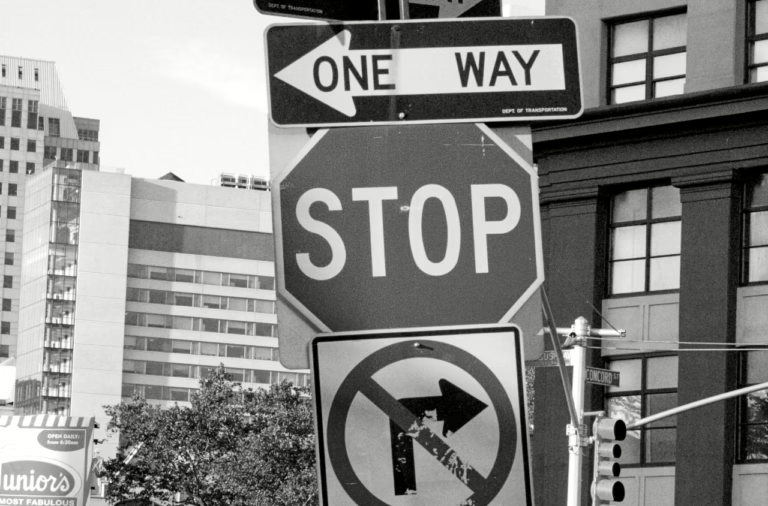Do you fall into this all too common scenario? You spend $50,000 on a brilliant brand awareness campaign. People love it. Brand recognition goes up. You feel good about building that mental real estate.
Then your competitor swoops in with targeted search ads, retargeting campaigns, and conversion-focused content right when your audience is ready to buy.
You paid for the education. They collected the sale.
The awareness paradox every brand faces
Your latest awareness campaign was a hit. The creative was memorable. Reach numbers looked solid. Brand lift studies showed increased consideration.
But when you check your conversion data, the results feel… underwhelming. Sure, there’s some lift, but nothing that screams “worth the investment.”
Meanwhile, your competitor’s performance campaigns seem to be crushing it. Their retargeting is everywhere. Their search ads dominate your category keywords. Their conversion rates are climbing while yours plateau.
Here’s what’s really happening: you’re convincing people they need a product like yours and then handing them over to your competitors.
The third law of marketing
If you don’t spend on the bottom of the funnel, your competition will profit from your top-of-funnel spend.
Awareness without conversion infrastructure is like throwing a party and letting someone else collect the cover charge at the door.
Your awareness campaigns are working. They’re just working for everyone in your category, not just you.
The competitor playbook you’re funding
Think of it like opening a new restaurant in a food court. You spend months building buzz, getting people excited about your concept, driving foot traffic to the area. But if you don’t have enough staff to serve customers quickly, they’ll just order from the Thai place next door instead.
We see this issue with awareness campaigns come up a lot. A brand will invest heavily in awareness—YouTube campaigns, influencer partnerships, podcast sponsorships—then wonder why their direct conversions don’t match their investment.
The answer is usually hiding in their competitor’s performance data.
Your awareness campaign introduced someone to your product category. They’re interested but not ready to buy immediately. Three weeks later, they search for solutions and your competitor’s ad shows up first. Or they visit a comparison site and your competitor has better retargeting. Or they see a social proof-heavy conversion campaign right when they’re ready to decide.
You paid for the consideration. They closed the deal.
The search hijacking highway robbery
Here’s where it gets really painful. Your brand awareness campaigns are literally teaching people what to search for, and your competitors are buying those exact keywords.
Let’s say you run a campaign highlighting the benefits of “blue light blocking glasses.” Great campaign. People learn about the problem and the solution. But when they search “blue light blocking glasses” or “computer eye strain solutions,” whose ads show up?
Probably not yours, if you’re only focused on awareness.
Your competitor didn’t have to educate the market about blue light or computer eye strain. You did that for them. They just had to be there when people were ready to buy.
This isn’t theoretical. Search volume for category keywords often spikes after major awareness campaigns. The question is: who’s capturing that search volume?
The retargeting robbery in plain sight
Even worse than search hijacking is retargeting theft. Your awareness campaigns drive people to research your category. They visit review sites, comparison pages, and competitor websites to evaluate options.
If your competitors have proper retargeting set up and you don’t, they’re literally following up with the prospects you created. They’re showing targeted ads to people who are interested in your category because you made them interested.
You’re essentially warming up leads for their sales team.
Why this should make you furious (and motivated)
Every day you delay building bottom-funnel infrastructure is another day your awareness investment subsidizes your competition’s growth.
Picture this: while you’re proud of your brand lift metrics, your competitors are seeing direct ROAS from campaigns targeting the demand you created. They’re building customer lists from prospects you educated. They’re scaling profitable conversion campaigns funded by your awareness spend.
The most infuriating part? This is completely preventable.
Think about the competitive advantage you’d have if you captured even 60% of the demand your awareness campaigns create. Imagine turning your brand building into a conversion machine that compounds instead of leaking value to competitors.
Your awareness campaigns could be both brand building AND revenue driving. You just need to be there when the people you’ve educated are ready to buy.
The conversion defense system you’re missing
This is why our MMM tracks not just how your awareness campaigns perform in isolation, but how they interact with your entire conversion ecosystem. We can show you exactly when demand spikes after awareness campaigns and whether you’re capturing that demand or losing it to competitors.
Because here’s the truth: awareness without conversion defense is just expensive market education for your category.
When you can see these patterns clearly, you stop thinking about brand and performance as separate strategies. You start building integrated campaigns that create demand and capture it. You turn your awareness investment into a competitive moat instead of a competitive gift.
Understanding Law #3—that you need both top- and bottom-funnel spend to prevent competitors from stealing your customers—protects your awareness investment, but there’s another timing element most marketers miss entirely. Because marketing efficiency isn’t just about spend allocation—it’s about when you spend.
Next week, we’ll explore Law #4 and why your marketing dollar can be worth 3x more in December than July (and it’s not just about Black Friday).

Cody Greco is the co-founder and CTO of Prescient AI. He conducts the independent research that makes up the foundation of Prescient AI’s proprietary MMM, building our model from scratch based on marketing dynamics in the real world and reporting marketers need to know to optimize their paid media spend. He blogs about MMMs on his own website and guest lectures at universities when he isn’t coding a new feature. Before Prescient, he established and scaled Grubhub’s research science team and went on to lead their global machine learning organization. Cody holds a B.S. in Operations Research from UCSD and M.S. in Computer Science from Georgia Tech.

